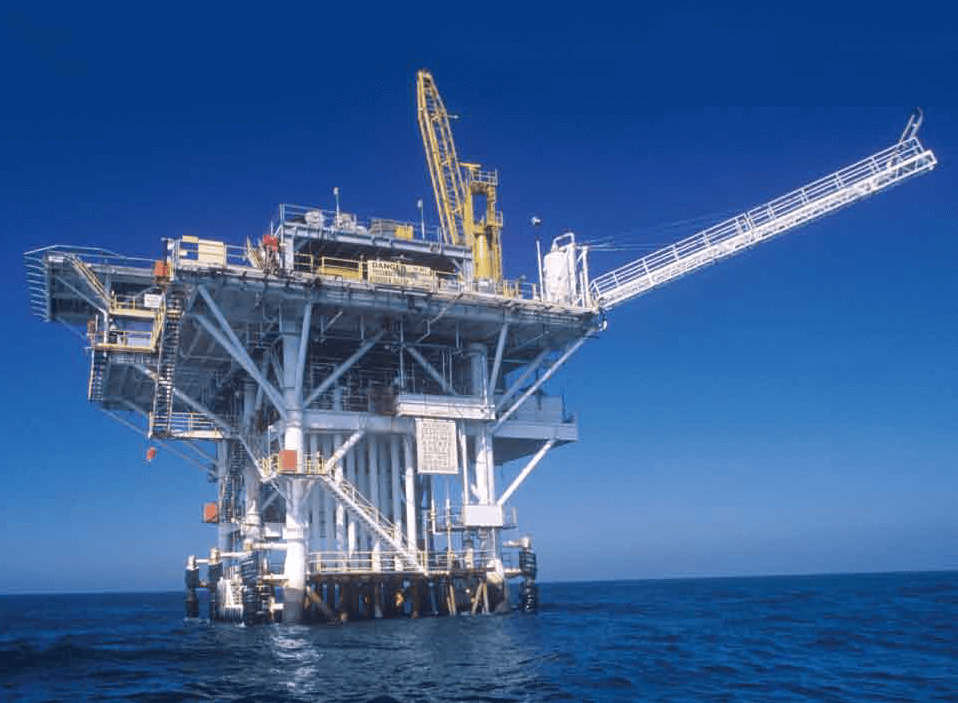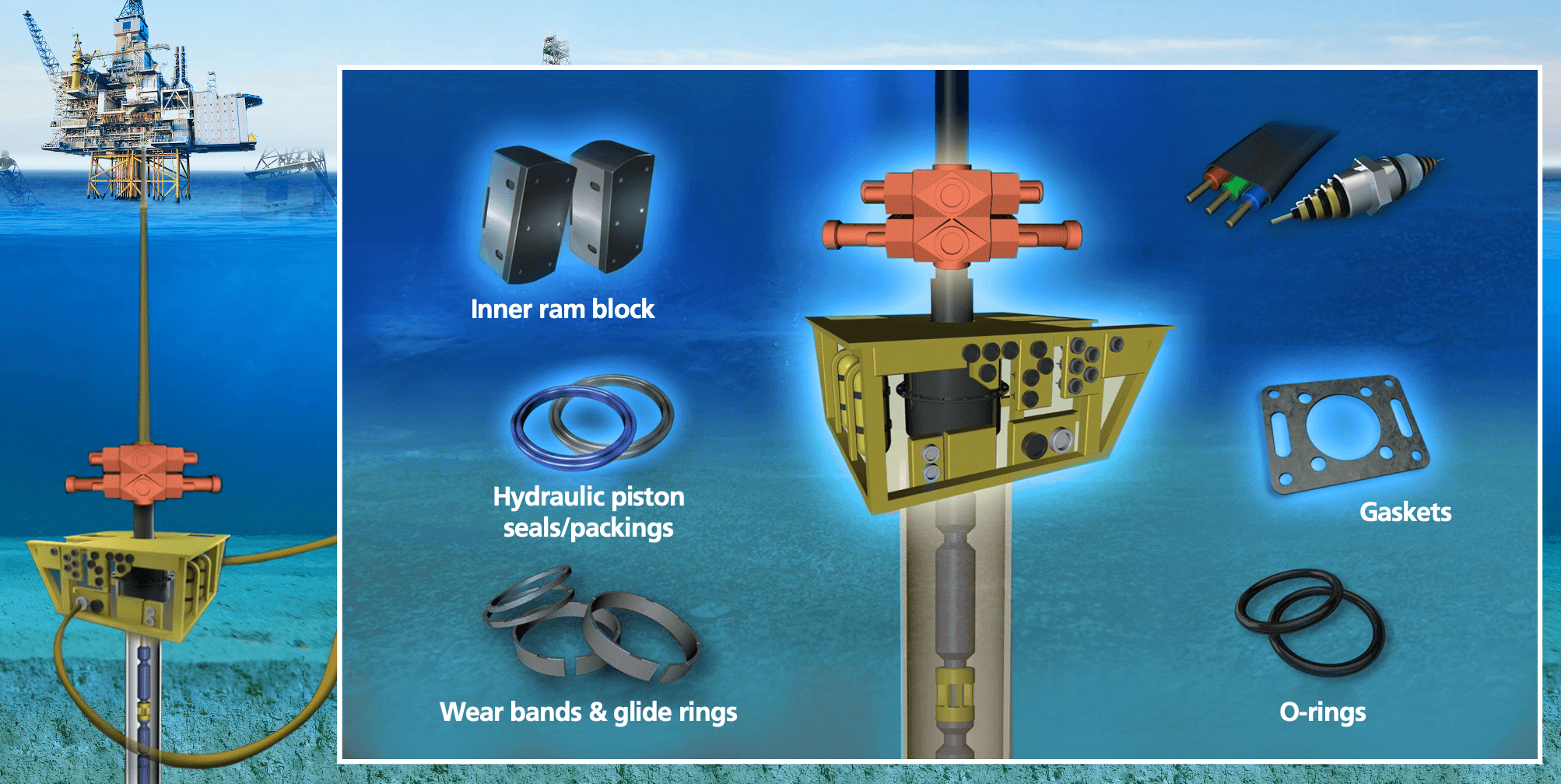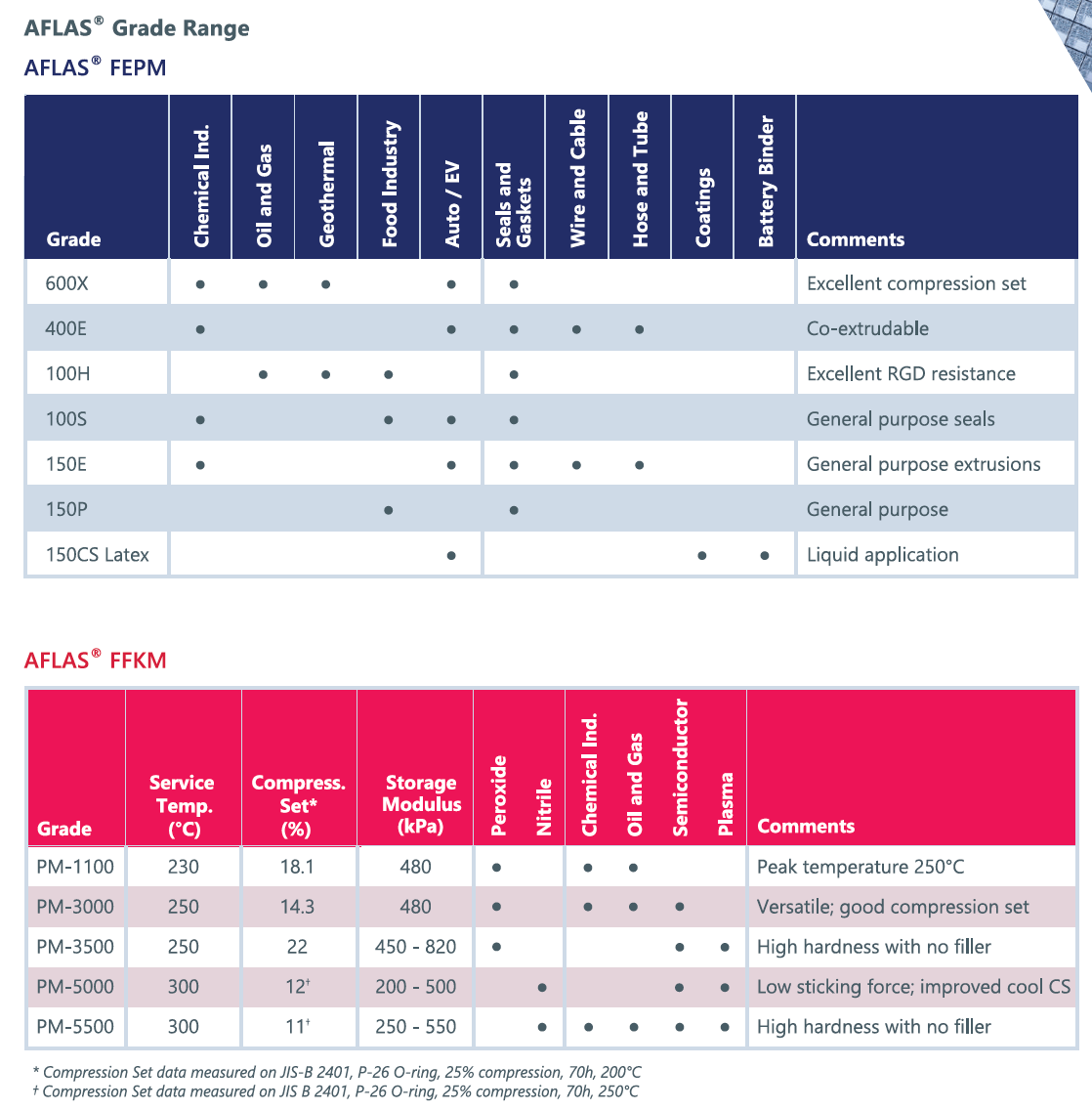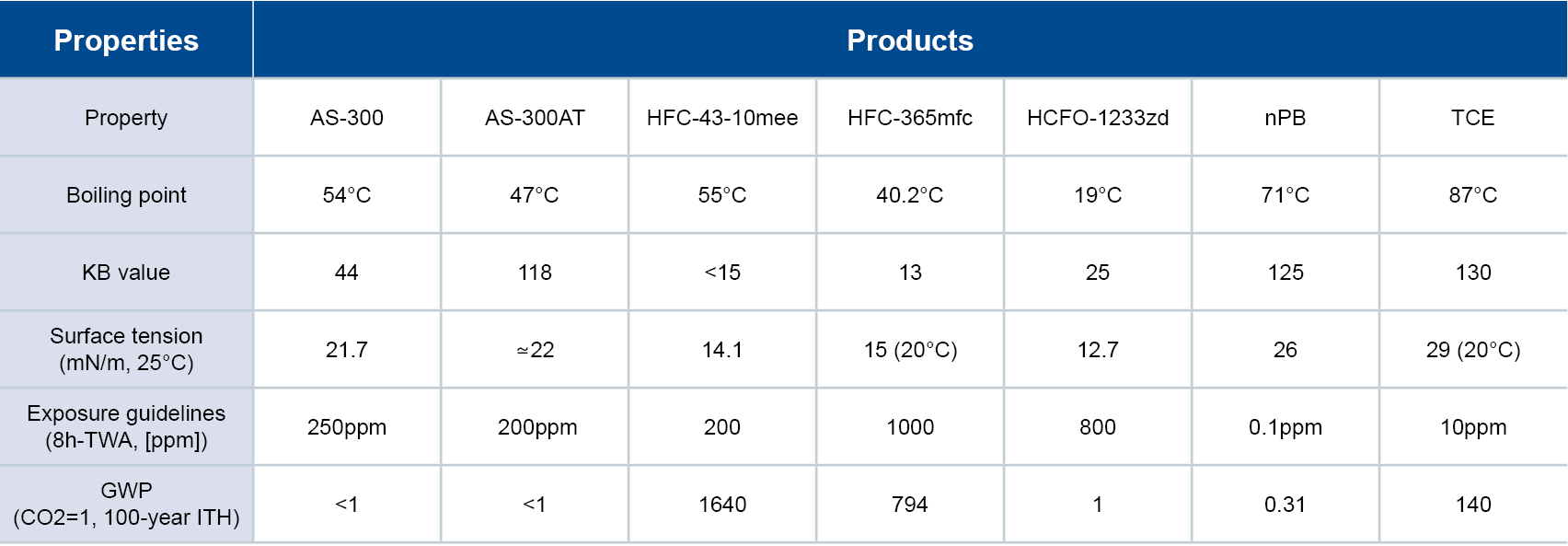Industries Rely on Fluoroelastomer Chemical Resistance for Optimum Product Performance

Reading Time: 4 minutes
Fluoroelastomer chemical resistance is an important performance quality when it comes to manufacturing parts with chemical stability. Fluoroelastomers offer superior characteristics over silicone and other synthetic rubbers.
What sets fluoroelastomers apart is their unique molecular structure polymerized with fluorine. These types of elastomers provide extraordinary resistance to high-temperatures and highly active alkalis, hydrogen sulfide, solvents, acids, and other industrial chemicals.
They also exhibit outstanding resistance to heat, chemicals, fuels, ozone, and steam. Chemical resistance, however, is one of its most desirable traits for products and parts subjected to harsh operating conditions.
According to a study conducted by SkyQuest, the fluoroelastomer market is on a growth trajectory, projected to grow from $1.35 billion in 2022 to an estimated $1.94 billion by 2030.
This surge in demand is attributed to the excellent chemical and heat resistance offered by fluoroelastomers. In a world where countless industries seek to enhance the chemistry of their products to thrive under adverse conditions, fluoroelastomers emerge as materials of choice.
Real-world applications benefiting from fluoroelastomer chemical resistance
Originally developed for aircraft and aerospace applications such as seals in engine and fuel handling systems and O-rings in hydraulic systems, fluoroelastomers have since become a primary choice for manufacturing seals across various industries including automotive, fluid power, semiconductor, and oil and gas. Below we’ll explore some real-world applications that rely on the chemical resistance of fluoroelastomers.
Automotive

Automobile applications comprise about 60% of fluoroelastomer parts including:
- Oil/pinion shaft seals: Automotive lubricants like engine oil, transmission oil, and brake fluid contain a mix of dispersants and antioxidants. Fluoroelastomers, such as those found in AFLAS® products, exhibit remarkable resistance to these amine-containing compounds. Their ability to withstand a range of chemicals ensures that shaft seals in automotive drive train systems can endure the expected mileage without any leakage.
- Cylinder head gasket: Fluoroelastomers are used in the rubber coatings of metal gaskets and grommets, providing chemical resistance to both engine oil and coolant. AFLAS Fluoroelastomers are especially resistant to OAT coolants.
- Oil cooler hose/turbocharger/fuel hoses: Stringent regulations on exhaust gas emissions require that diesel engines return fuel gas and oil mist that leak from cylinder blocks into the intake passage system. As a result, gas containing hot oil mist passes through the hose that runs between the turbocharger and the intercooler. Fluoroelastomers are the ideal plastic for hoses as they possess high chemical resistance to the additives that are contained in the oil.
- O-rings and seals used in fuel injection, head, intake manifolds, and valves resist a range of chemicals when molded from fluoroelastomers.
Semiconductor
![]()
- Seals, O-Rings, and hoses within semiconductor manufacturing and assembly equipment use fluoroelastomers due to their excellent chemical resistance in atmospheres filled with O2 and CF4+O2
- Ultra low trace metal AFLAS FFKM (perfluoroelastomers) are ideal for these applications.
Oil & Gas Production

Sealing and protective covering materials for completions and producing wells exposed to hydrogen sulfide and other corrosive gases are made from fluoroelastomers such as the AFLAS FEPM series. The seals ensures proper equipment functioning under the harsh conditions at production sites while ensuring the safety of the environment.
SubSea Well

Hydraulic piston seals/packings, gaskets, elastomer seal stacks, and O-rings used in subsea wellheads and trees use fluoroelastomers for their corrosion resistance to elements under the water. They are also used in sealing and pressure control systems for packers, self-lubricating mechanical seals, pump covers, and O-Rings. The fluoroelastomer compounds resist Rapid Gas Decompression (RGD) and perform well in base-rich and HPHT environments.
Heavy Equipment

Seals and hoses made from fluoroelastomers tolerate the engine lubricants, hydraulic fluids and diesel fuel products used in heavy machinery. A variety of chemicals and additives are often incorporated into fuel to enhance performance. The superior chemical resistance of fluoroelastomers guards against seal and hose deterioration.
General Industry
O-Rings and seals used in oil and fuel systems, pumps, valves, and tanks within industrial equipment are fabricated from fluoroelastomers to ensure their reliability, safety, and durability in high-performance applications.
Brands of Fluoroelastomers
FKM, FEPM, and FFKM* are common fluoroelastomers, each possessing unique characteristics. While FKM is classified as a fluoroelastomer, FFKM is known as a perfluoroelastomer as it contains higher amounts of fluorine for improved chemical resistance. FEPM or tetrafluoroethylene propylene, has a partial fluorinated content. It displays exceptional chemical resistance, especially to acids, brake fluid, CO2, alkalis, and amines in comparison to FKM.
AGC offers the AFLAS® FEPM, Type IV FKM and FFKM grades listed in the table below. They are the material of choice for parts and components that need to perform reliably in the world’s harshest environments.

Choosing a grade of fluoroelastomer depends on application requirements, cost, and other factors. For example, while FFKMs exhibit the ultimate in sealing performance in all aggressive environments, FKM offer a good balance between performance and cost. This spider graph compares the performance of these fluoroelastomer grades.
As the only manufacturer of AFLAS resins in the world, AGC provides guidance in choosing the right fluoroelastomer for an application. These products provide unequaled fluoroelastomer chemical resistance.
In addition to stock products, we tailor solutions to address various industrial needs. Discover our capabilities in fluoroelastomers or contact AGCChemicals.Info@agc.com.
 English
English 